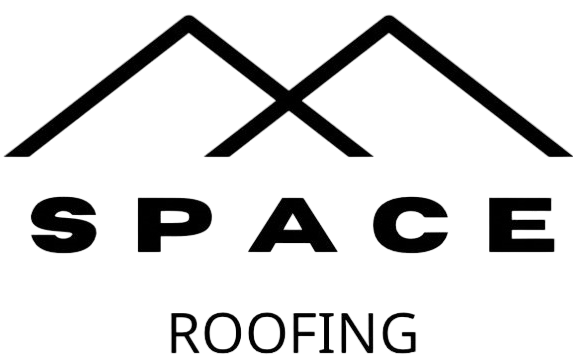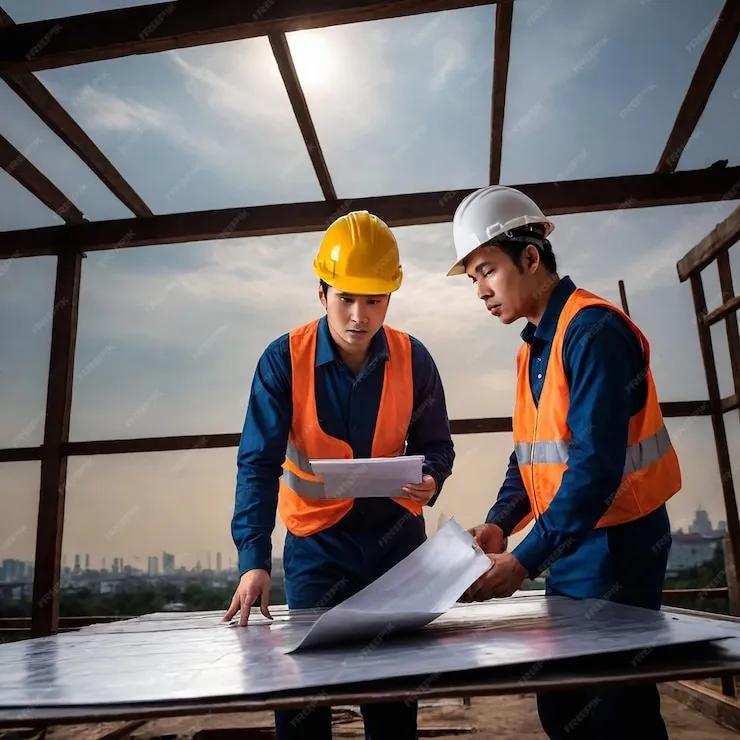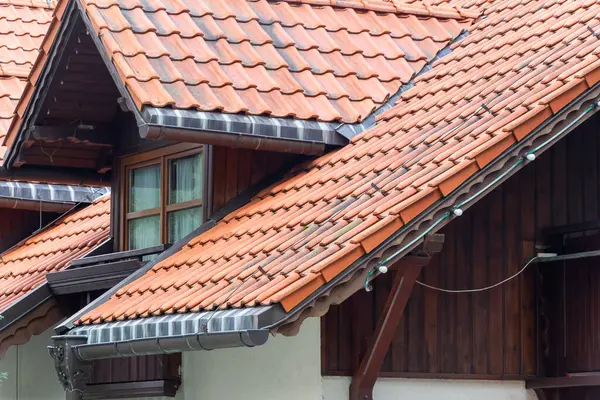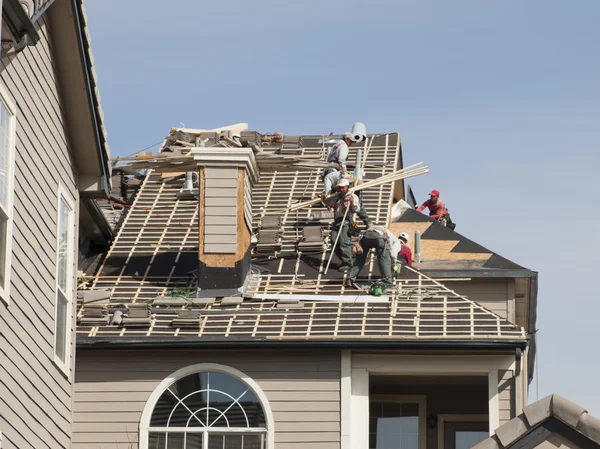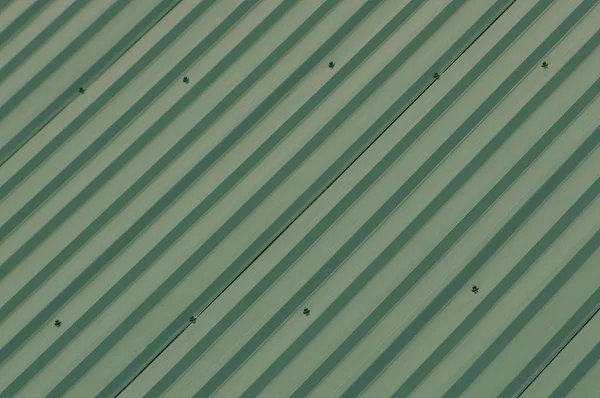In the vast state of Texas, the weather can be as unpredictable as it is diverse, ranging from scorching heat to heavy rain and hailstorms. This climate can take a toll on your roof, making regular roof inspections essential for maintaining the integrity and longevity of your home.
In this article, we will explore the benefits of roof inspections, how they can save you money, and why they should be a priority for every homeowner. Understanding the importance of regular roof inspections in Texas can prevent minor issues from becoming major problems.
What Is a Roof Inspection?
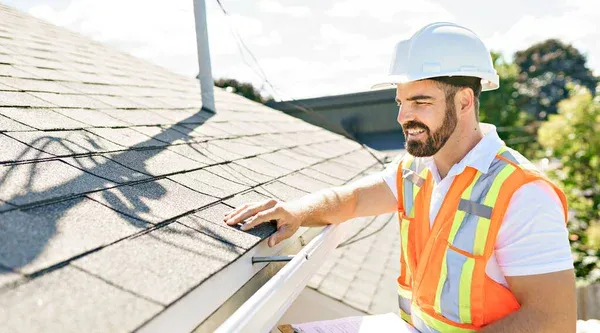
A roof inspection is a thorough examination of the roof’s condition, typically conducted by a certified roofing professional. These inspections can identify potential problems, assess existing damage, and recommend necessary repairs. Utilizing roof inspection services is crucial to ensure that your home remains safe and sound.
Common Procedures in a Roof Inspection
During an inspection, a professional will:
- Check for visible signs of wear, such as missing shingles or cracked tiles.
- Inspect roofing materials for deterioration.
- Evaluate the structural integrity of the roof.
- Look for water damage or leaks in the attic and interior ceilings.
Understanding what is a roof inspection helps homeowners recognize the importance of this essential service.
Benefits of Regular Roof Inspections
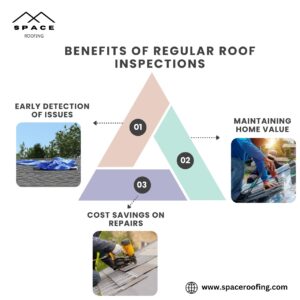
Early Detection of Issues
One of the most significant benefits of regular roof inspections is the early detection of issues. Small problems, like a minor leak, can escalate into significant damage if left unaddressed. Regular inspections allow homeowners to catch these issues before they require costly repairs.
Maintaining Home Value
A well-maintained roof is crucial for maintaining the overall value of your home. Potential buyers often look for professional roof inspection reports when evaluating a property. An inspected and well-kept roof can enhance curb appeal and increase the market value of your home.
Cost Savings on Repairs
By identifying problems early, you can save a substantial amount on repair costs. Regular roof inspections help to extend the lifespan of your roof, thus postponing the need for a complete roof replacement. Investing in roof inspection services is far more economical than dealing with extensive damage down the line.
Ensuring Safety and Comfort
Your roof protects your home and family from external elements. Regular inspections ensure that your roof is safe and secure, providing peace of mind for you and your loved ones. A safe roof means a safe home, which is invaluable for any homeowner.
How Often Should You Schedule a Roof Inspection?
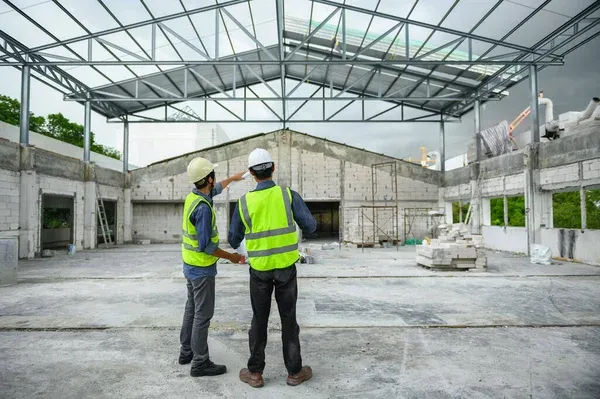
Experts recommend scheduling a roof inspection at least once a year, particularly in areas like Texas where weather conditions can be harsh. After significant weather events such as hailstorms or heavy winds, a house roof inspection is advisable to assess any potential damage.
Factors Affecting Inspection Frequency
Several factors can influence how often you should inspect your roof:
- Age of the Roof: Older roofs may require more frequent inspections.
- Type of Roofing Material: Different materials have varying lifespans and vulnerabilities.
- Local Weather Conditions: Areas prone to severe weather should consider more regular inspections.
Regular inspections help identify wear and tear early, ensuring your roof remains in good condition.
What Do Roof Inspectors Do?
Roof inspectors are trained professionals responsible for assessing the condition of roofs. They look for:
- Signs of water damage or mold.
- Structural issues, including sagging or uneven areas.
- The condition of flashing and seals around vents and chimneys.
Understanding what roof inspectors do helps homeowners appreciate the value of their services.
Professional Roof Inspection Services
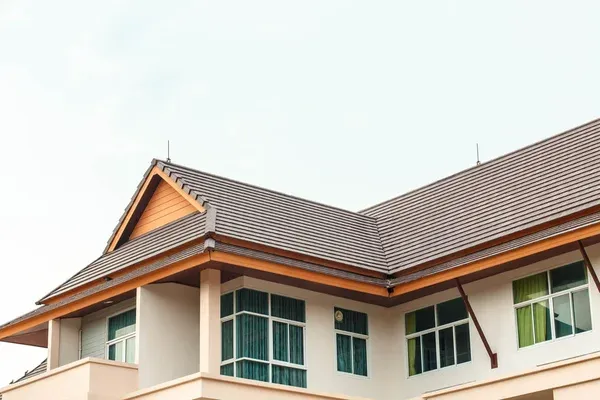
When choosing a roof inspection service, look for companies with a good reputation and experience. They should provide a detailed report outlining their findings, including any recommended repairs. This professional insight is invaluable for making informed decisions about your roofing needs.
Roof Inspection Checklist: What to Expect
Visual Inspection of Roof Surface:
- Inspect shingles or tiles for damage.
- Look for signs of wear around vents and chimneys.
Examination of Gutters and Downspouts:
- Ensure gutters are clear of debris.
- Check for proper drainage to avoid water damage.
Interior Inspection:
- Look for signs of leaks in the attic and ceilings.
- Inspect insulation for water damage.
Having a comprehensive roof inspection checklist ensures no detail is overlooked during the inspection process.
Common Signs You Need a Roof Inspection
Homeowners should be aware of several warning signs that indicate the need for a roof inspection:
- Missing or Damaged Shingles: This is a clear sign that your roof needs attention.
- Water Stains on Ceilings: These can indicate leaks from above.
- Mold or Mildew Growth: This can suggest prolonged moisture, which can damage roofing materials.
Recognizing these signs early can save you from extensive damage and costly repairs.
Cost of Roof Inspections in Texas
The cost of roof inspections in Texas can vary based on several factors, including the size and type of the roof. On average, homeowners can expect to pay between $200 and $500 for a thorough inspection.
Factors Influencing Costs
- Size of the Roof: Larger roofs require more time to inspect.
- Roof Type: Different roofing materials may need specialized inspections.
- Location: Inspection costs can vary by region and company.
Considering these factors helps homeowners budget appropriately for roof inspection services.
Conclusion
Regular roof inspections are a crucial part of home maintenance, particularly in Texas, where the climate can pose various challenges to your roof. Understanding the benefits of roof inspections and being proactive about your roofing needs can save you time, money, and stress in the long run.
For your safety and peace of mind, consider scheduling a professional roof inspection today and ensure your home remains a safe haven for you and your family.
FAQs
Why are regular roof inspections important in Texas?
Regular roof inspections are essential in Texas due to the state’s varied weather conditions, such as extreme heat, heavy rainfall, and occasional hailstorms. These factors can cause wear and tear on your roof over time. Inspections help catch issues early before they lead to costly repairs or even complete roof replacements. Regular roof inspections ensure your roof remains in optimal condition, protecting your home and family.
How often should you inspect your roof in Texas?
In Texas, it’s recommended to have your roof inspected at least twice a year—once in the spring and once in the fall. Additionally, after any major storm or weather event, a roof damage inspection is advisable to assess potential harm caused by hail or high winds. Regular inspections help prevent minor issues from turning into expensive repairs.
What does a roof inspector look for during an inspection?
During a professional roof inspection, the inspector will check for damaged shingles, leaks, mold growth, improper flashing, and other signs of wear and tear. They will also assess the gutters, ventilation, and structural integrity of your roof. By understanding what a roof inspection entails, homeowners can be better prepared for the process.
What are the signs that you need a roof inspection?
Common signs include missing or cracked shingles, water stains on your ceilings, sagging rooflines, or increased energy bills. If you notice any of these issues, it’s time to schedule a roof inspection and repair services. Regular inspections help catch problems early, saving you money in the long run.
How much does a roof inspection cost in Texas?
The cost of a roof inspection service in Texas can vary depending on the size of your roof and the complexity of the inspection. On average, a standard roof inspection can cost between $100 to $400. However, the potential savings from catching issues early can far outweigh the inspection cost.
What is the difference between a residential and commercial roof inspection?
Residential roof inspections typically focus on the common materials used in homes, such as asphalt shingles, and look for issues like leaks and damaged shingles. Professional commercial roof inspections, on the other hand, may involve more complex roofing systems like flat roofs, metal roofs, or rubber membrane systems, requiring specialized knowledge and equipment.
Can I perform a roof inspection myself?
While homeowners can perform a basic visual check for obvious issues like missing shingles or debris, it is always best to hire a roof inspection company. Professionals can provide a thorough assessment, including roof damage assessment, to identify underlying problems that an untrained eye might miss.
How long does a roof inspection take?
A typical house roof inspection usually takes around 45 minutes to an hour, depending on the size and complexity of the roof. However, larger or commercial properties may take longer to inspect thoroughly.
What happens if a roof inspector finds damage?
If damage is discovered during a roof damage inspection, the inspector will provide a detailed report outlining the issues and recommend the necessary repairs. It’s essential to address any findings promptly to prevent further damage and avoid costly repairs later.
Do I need a roof inspection after a storm?
Yes, after a significant weather event such as hail or a windstorm, it’s highly recommended to schedule a roof damage inspection. Even if you don’t notice visible damage, underlying issues like loose shingles or small leaks may still exist. Early detection through inspection helps prevent larger problems from developing.
